This past weekend marked my Gram’s birthday. I won’t tell you how old she would have been because, well, I’m not sure I can do the math. Old. Really old. She passed away in 1983, and at the time she was just shy of her 92nd birthday. I think. I’m pretty sure she would be, like, 134 now. I am also pretty sure she would be ticked at me for telling you how old she would be . . . .
Gram was a wonderful grandmother. She adored all of her grandkids and she doted on us in all the grandmotherly ways. She made a huge fuss over every achievement, she always wanted to hear all about our lives, our friends, our classes at school. I never knew my mother’s parents, and my grandfather on my father’s side was not really part of our lives growing up. But it didn’t matter, because Gram showered us with enough love for four grandparents.
 Clara Bartels was born in Amsterdam and came to the United States as a small child. Her father was a diamond cutter, and diamond cutters were in great demand in the diamond district of New York City. She grew up around the block from Jacques Cohen, who later in life changed the family’s last name to Coe, and whose father also was a diamond cutter who emigrated from Amsterdam. They would marry, have three kids, and then divorce, bitterly, at a time when divorce was not really something people were supposed to do.
Clara Bartels was born in Amsterdam and came to the United States as a small child. Her father was a diamond cutter, and diamond cutters were in great demand in the diamond district of New York City. She grew up around the block from Jacques Cohen, who later in life changed the family’s last name to Coe, and whose father also was a diamond cutter who emigrated from Amsterdam. They would marry, have three kids, and then divorce, bitterly, at a time when divorce was not really something people were supposed to do.
Gram endured a lot in those years. She raised three children by herself, when single mothers with children were expected to remarry with alacrity. She nearly lost my father to meningitis when he was a sophomore in college. The youngest of her kids, my Uncle Bill, died in France during World War II. But she was a survivor and much tougher than anyone would have thought just looking at her.
Clara was maybe — MAYBE — five feet tall. With shoes on. In a stiff tail wind . . . . She had dark hair early in life. When I knew her, she had beautiful, silky white hair. Her smile could power entire cities. Her laugh, which we heard frequently, sounded like a car engine struggling to turn over. She had a terrific sense of humor and loved to laugh when she wasn’t supposed to. Each year, we would go to my Aunt Jean’s house for Passover, and my Uncle Bud would lead the Seder. He was more religious than the rest of us, and he took the Passover rites fairly seriously. And so when Gram would laugh at one thing or another in the Haggadah (which she did every year), he would grow annoyed. Which only served to make her laugh more. Which annoyed him a little more. Which increased her laughter yet again, making the rest of us laugh. Etc. Etc. I loved my uncle. He was a sweet, generous man. And for most of the year, he adored Gram. He always tried to be a good sport during Passover, but Gram didn’t make it easy . . . .
Staying with Gram was a treat. When I was young, whenever my parents went away, I would stay with her in her apartment on the east side of Manhattan. 245 East 63rd Street. The address is seared into my brain. So is her apartment number: 1104. It was a beautiful apartment — I shudder to think what it would cost today — and yet it was a pale substitute for the apartment my older siblings and cousins remember from when they stayed with her. That one was near Central Park and was huge and gorgeous. But no matter where she lived, when we stayed with her we had her all to ourselves. She would make the foods we liked, would take us to Atlantic Beach during the summer, or during the colder months, would take us FAO Schwarz, the famous toy store (the Tom Hanks-Robert Loggia floor-piano scene from Big was filmed there). We would walk with her there, and would be allowed to pick out any (reasonably priced) toy we wanted. After, we would get an ice cream at Schraffts.
Gram wasn’t always the easiest personality. She could be stubborn and even prickly on occasion. The summer after my senior year in college, my folks went away for a couple of weeks, and I stayed alone at our house. (At this point, I hadn’t stayed overnight at Gram’s for several years.) But my dad asked me to call Gram while they were away and I forgot. My high school girlfriend and I were going through a rough patch, and I had friends I wanted to see, and, well, I was a teenager . . . . It was entirely my fault. I know that.
But Gram was really angry with me. So angry that one night, when she and I had dinner at my aunt and uncle’s house, she wouldn’t speak to me. Literally. She directed all her questions and comments to me through my Aunt Jean, who reluctantly served as intermediary, and who later offered her heartfelt sympathy.
Lesson learned. When I went off to college, I made a point of calling Gram every Sunday, no matter what. And at the end of my freshman year, she commented to my father that Brown was a very good place for me. It had taught me responsibility. You can’t make this stuff up.
But episodes of that sort were the exceptions. Most of the time, Gram was fun, loving, silly, and totally engaged in all of our lives. She was, as I have said, a wonderful grandmother. To this day, I miss her laugh, and can hear it in my head when something funny happens.
Happy Birthday, Gram. I love you.










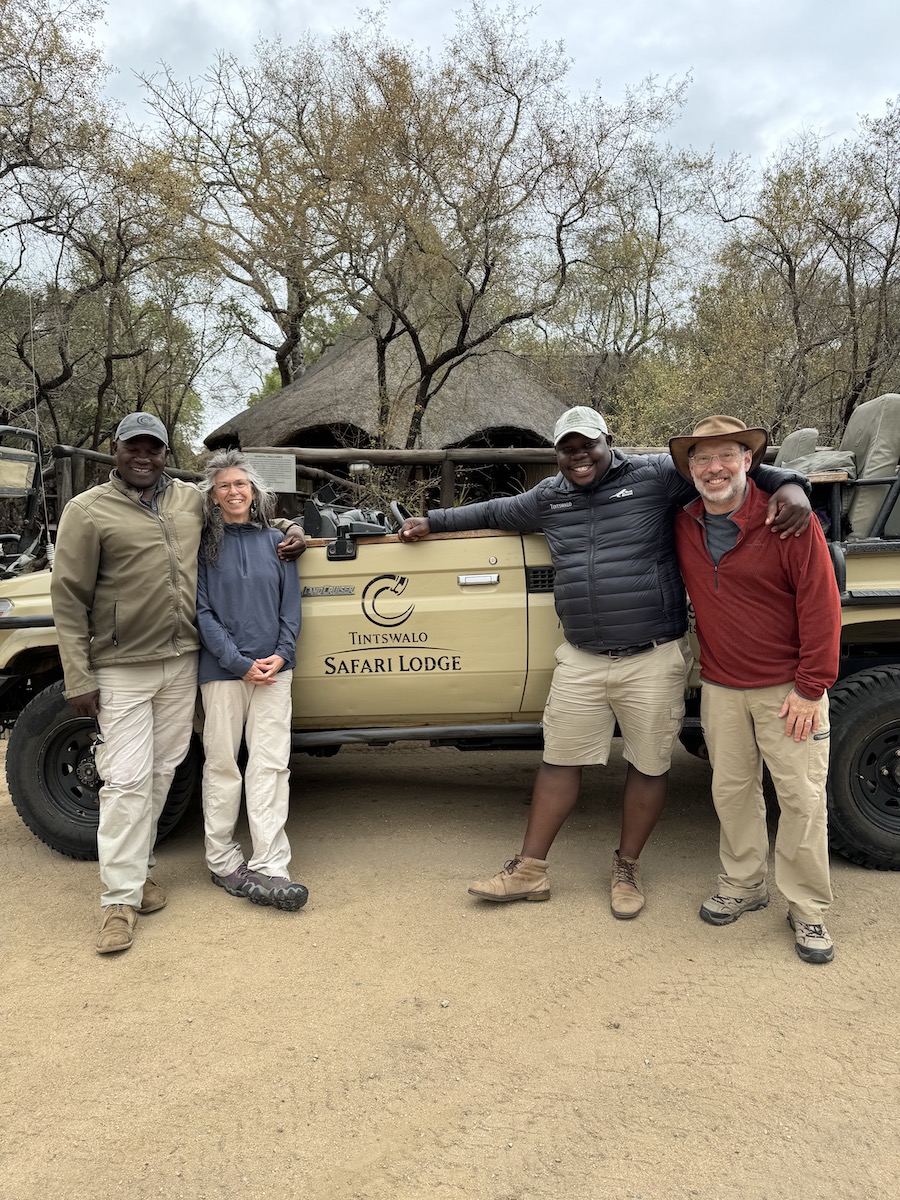
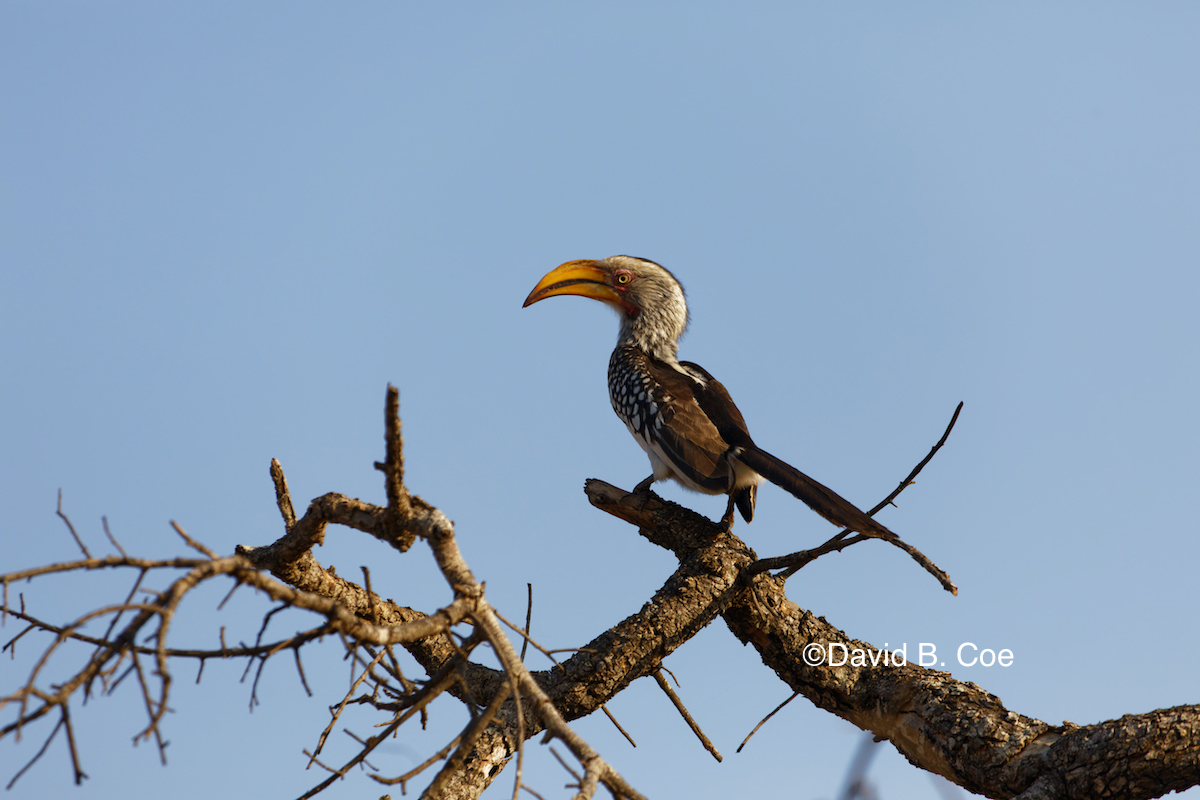
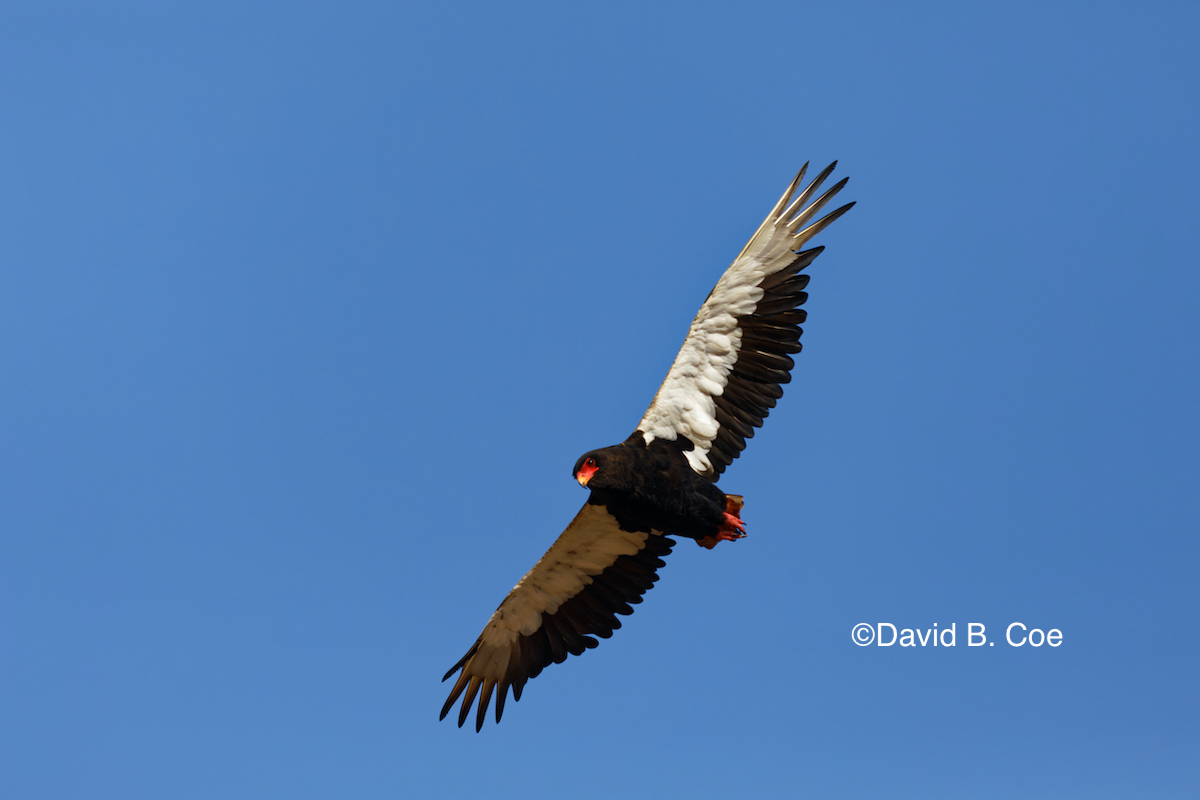


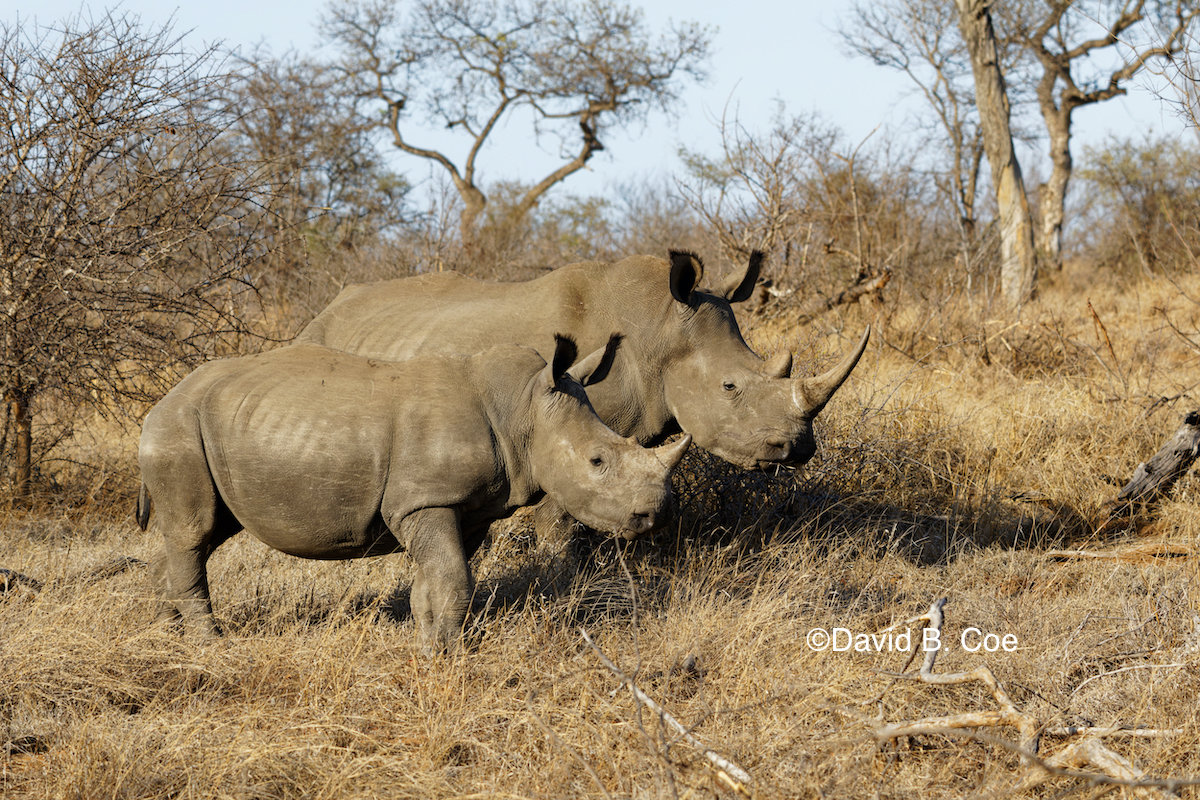
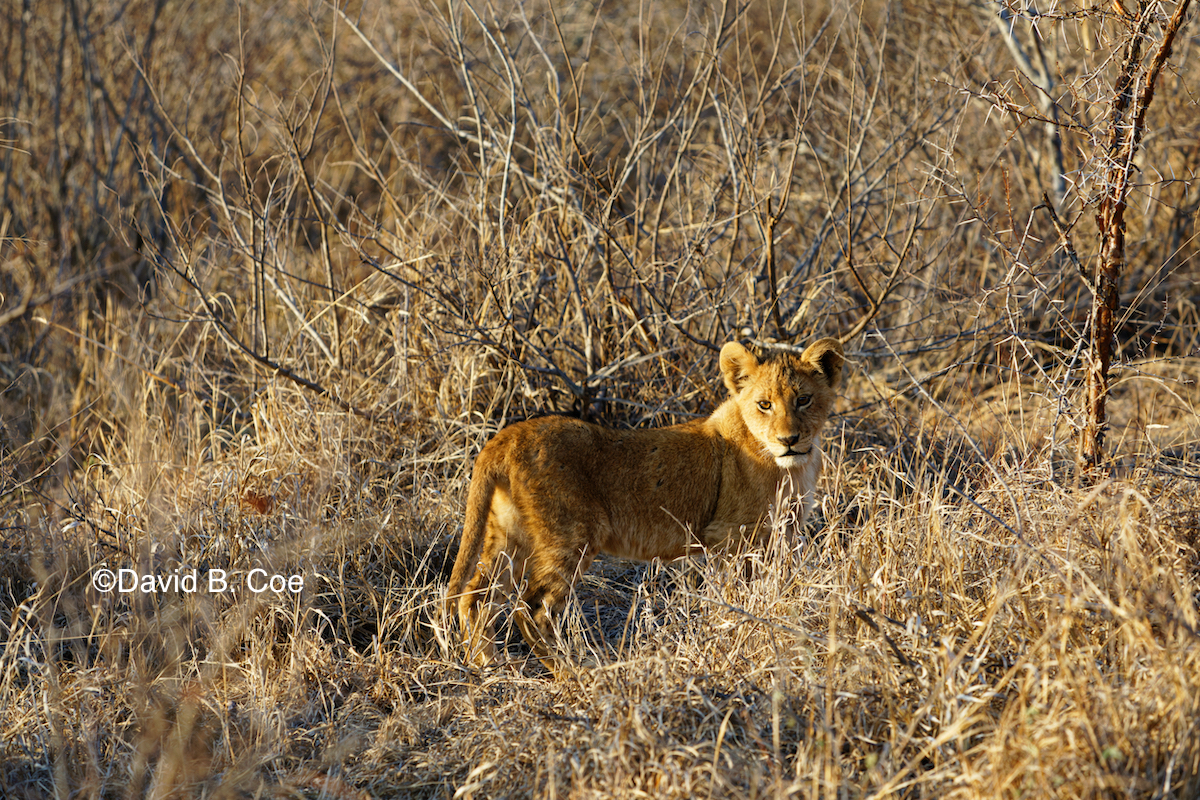
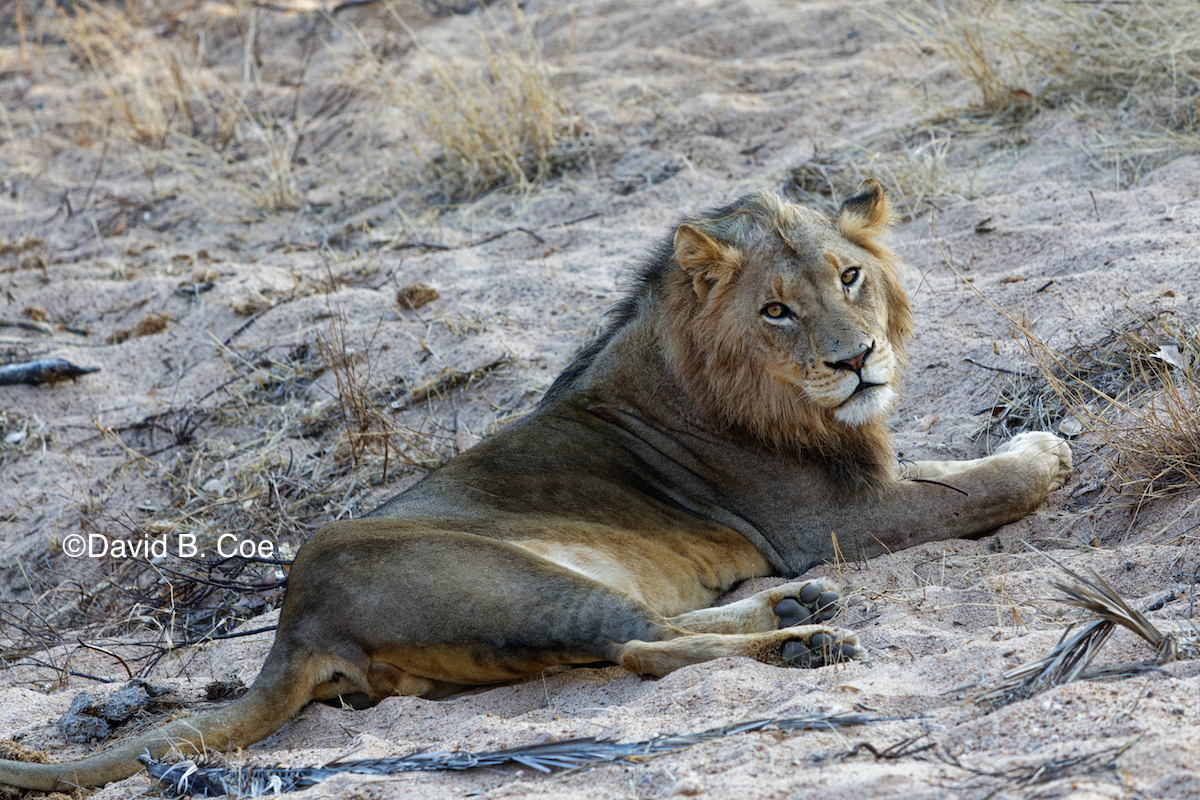
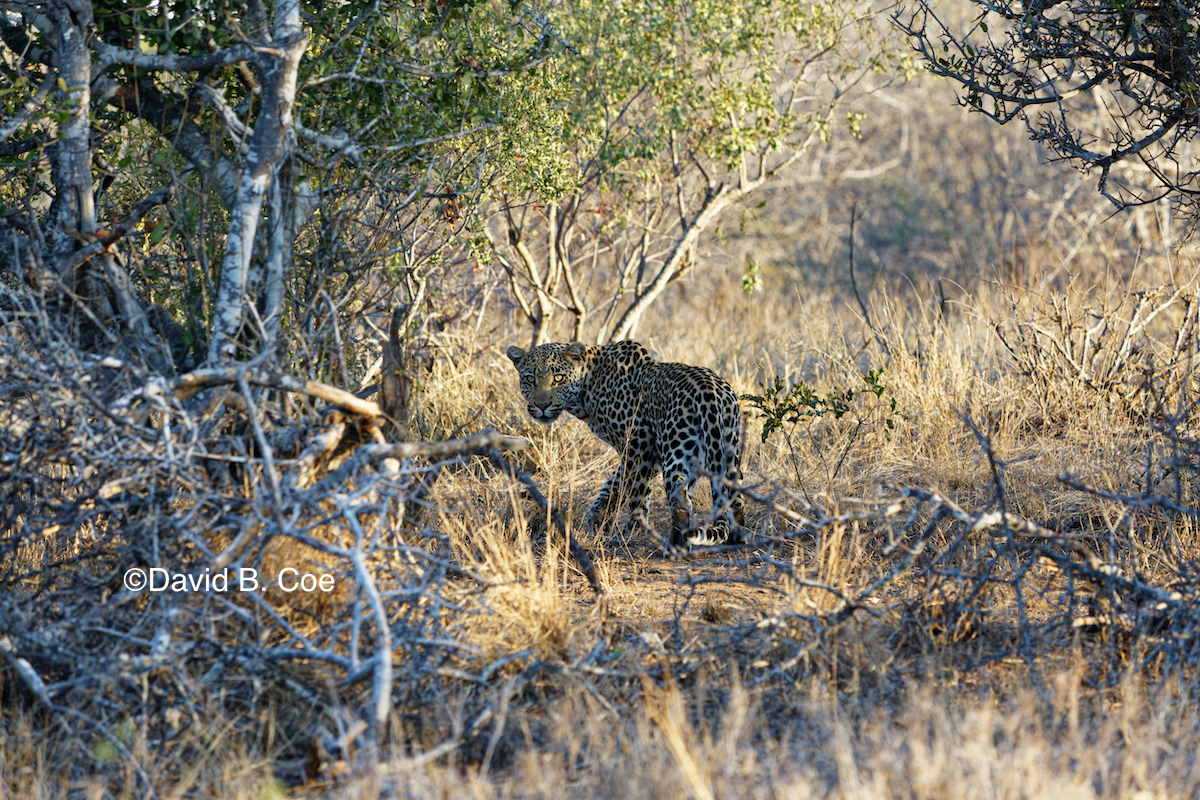
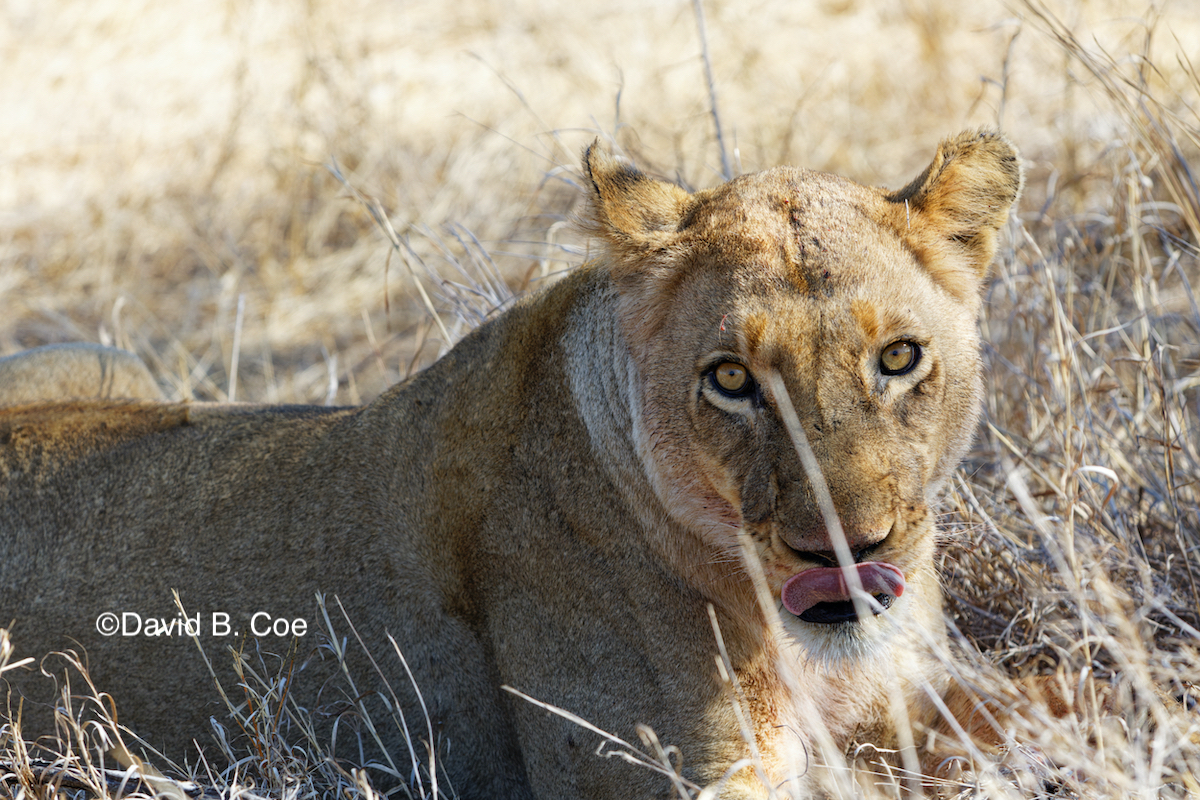
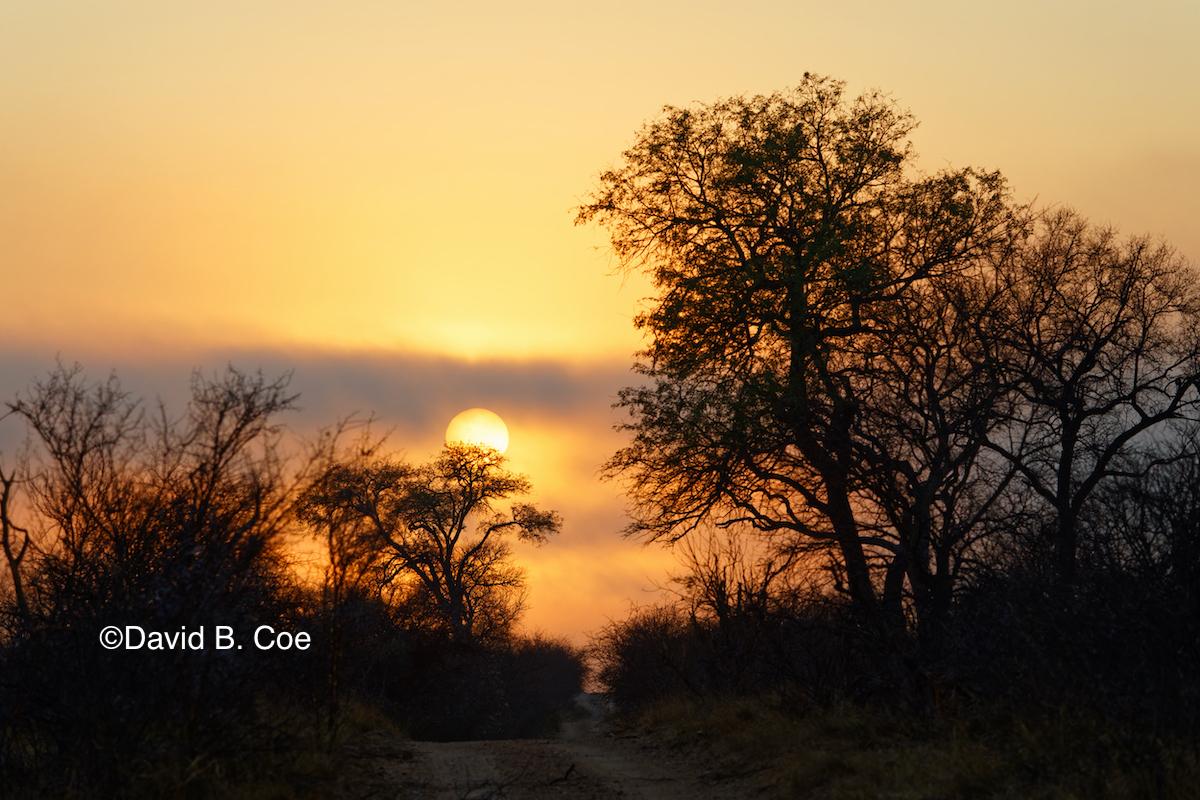
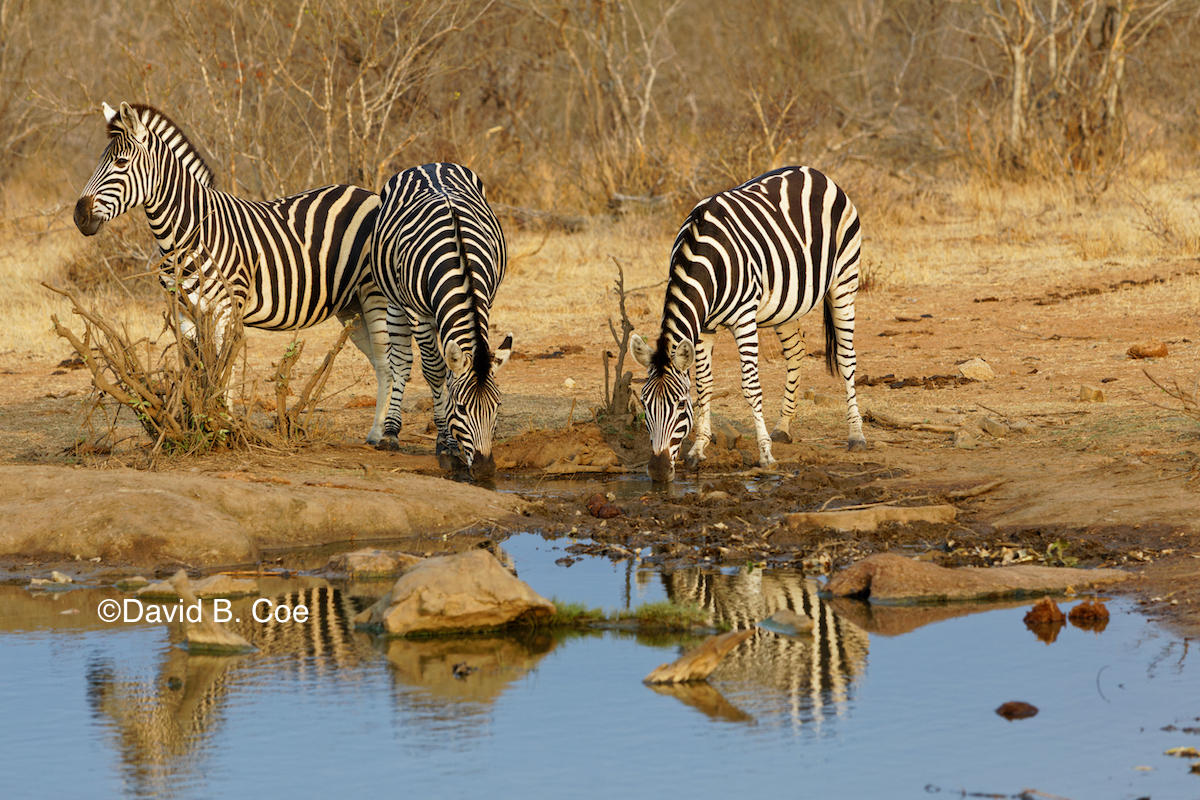
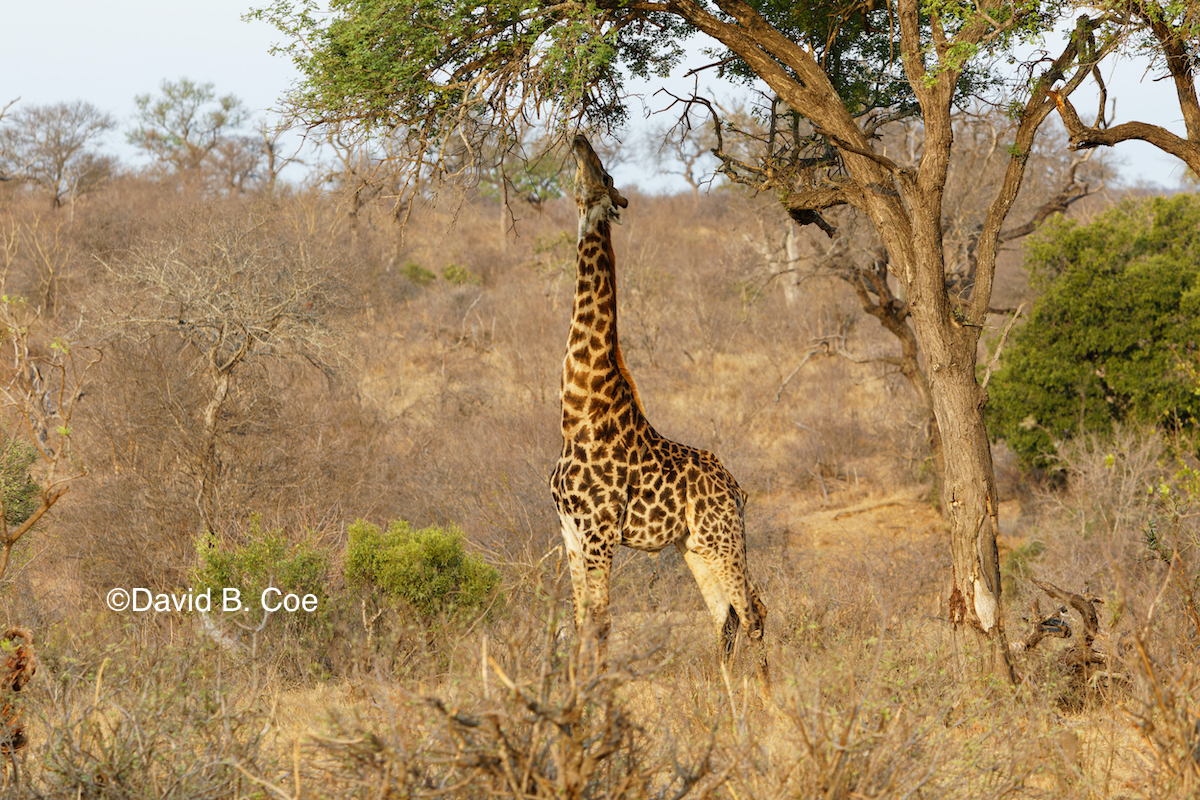
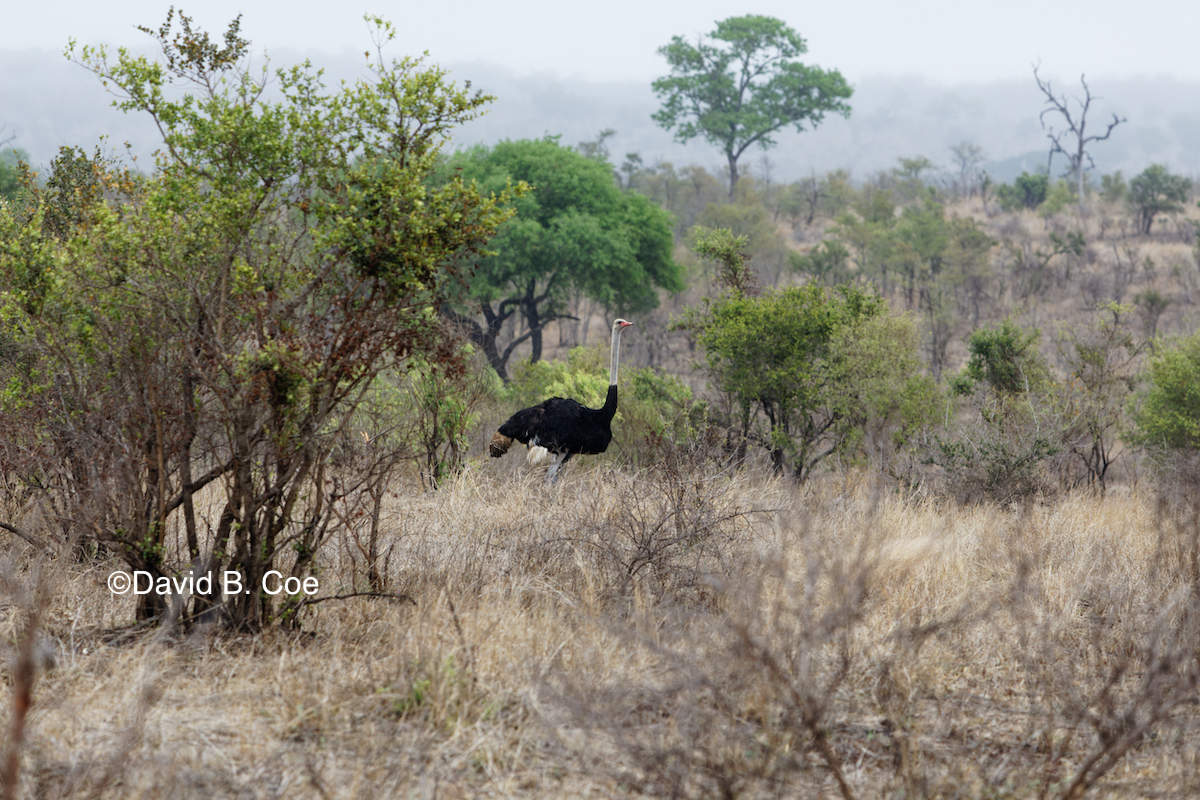
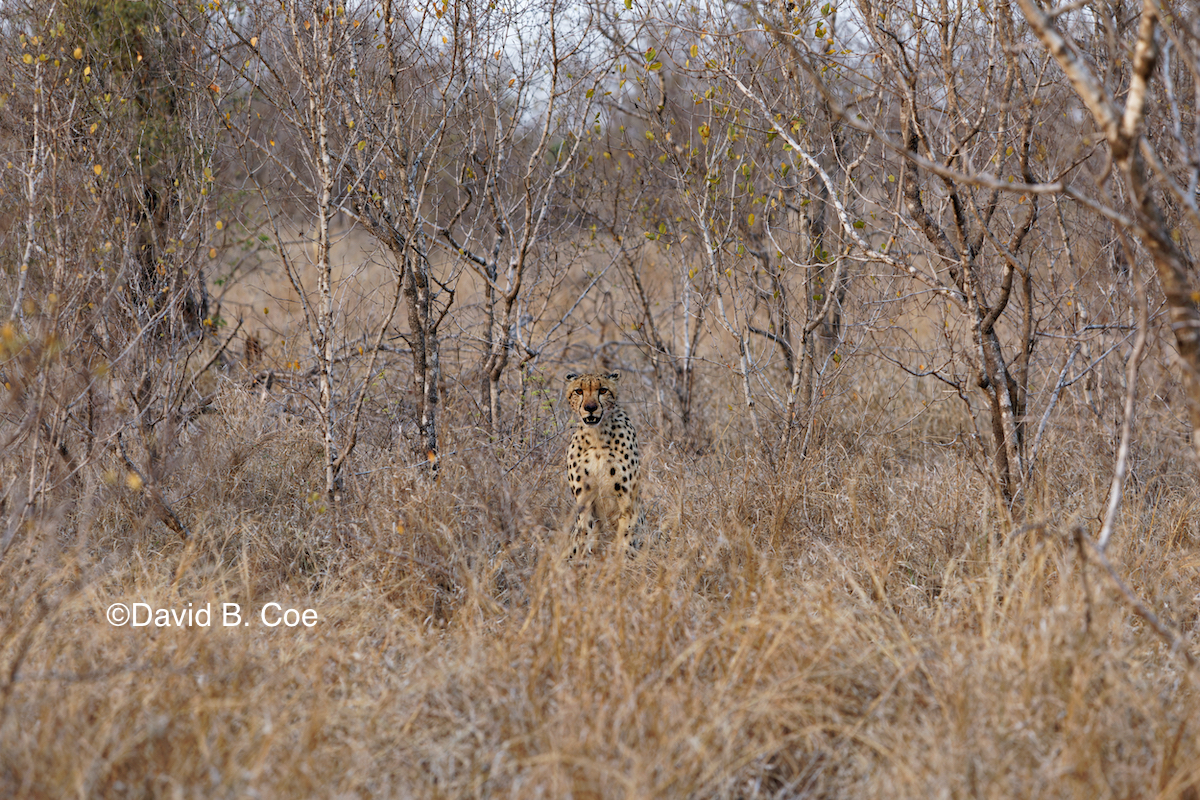
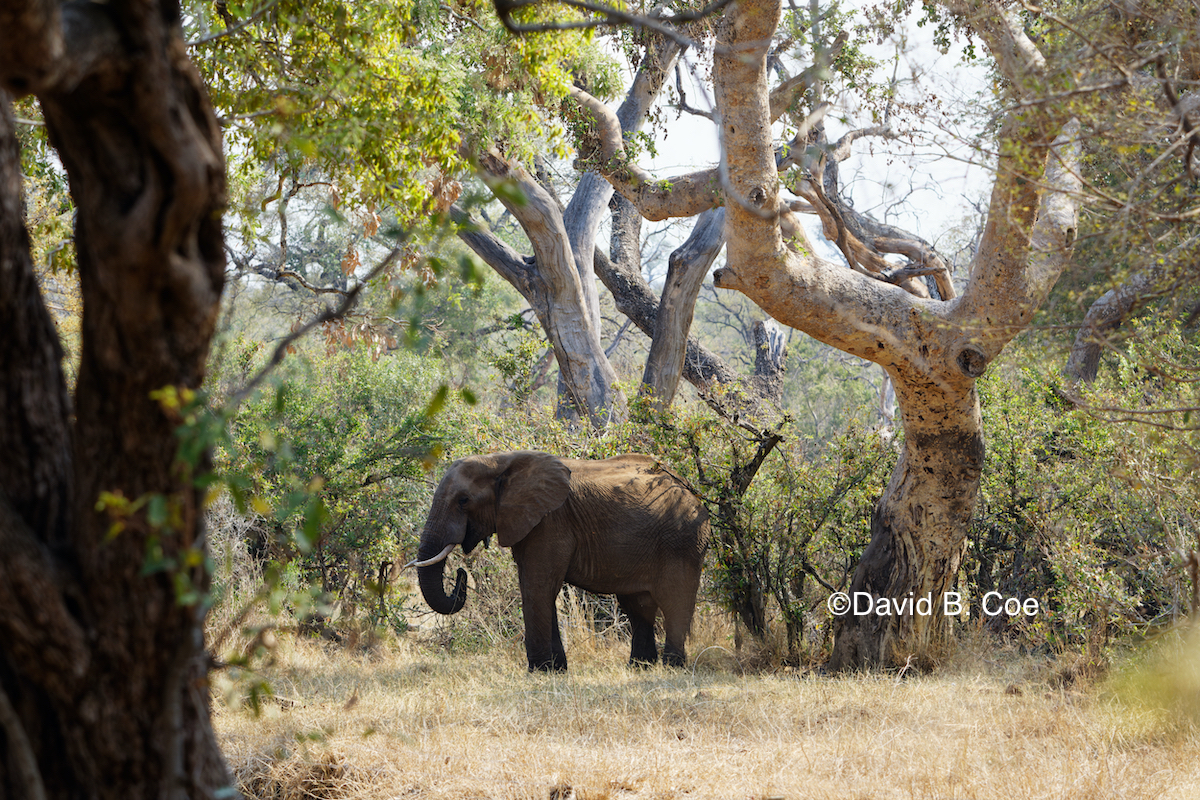
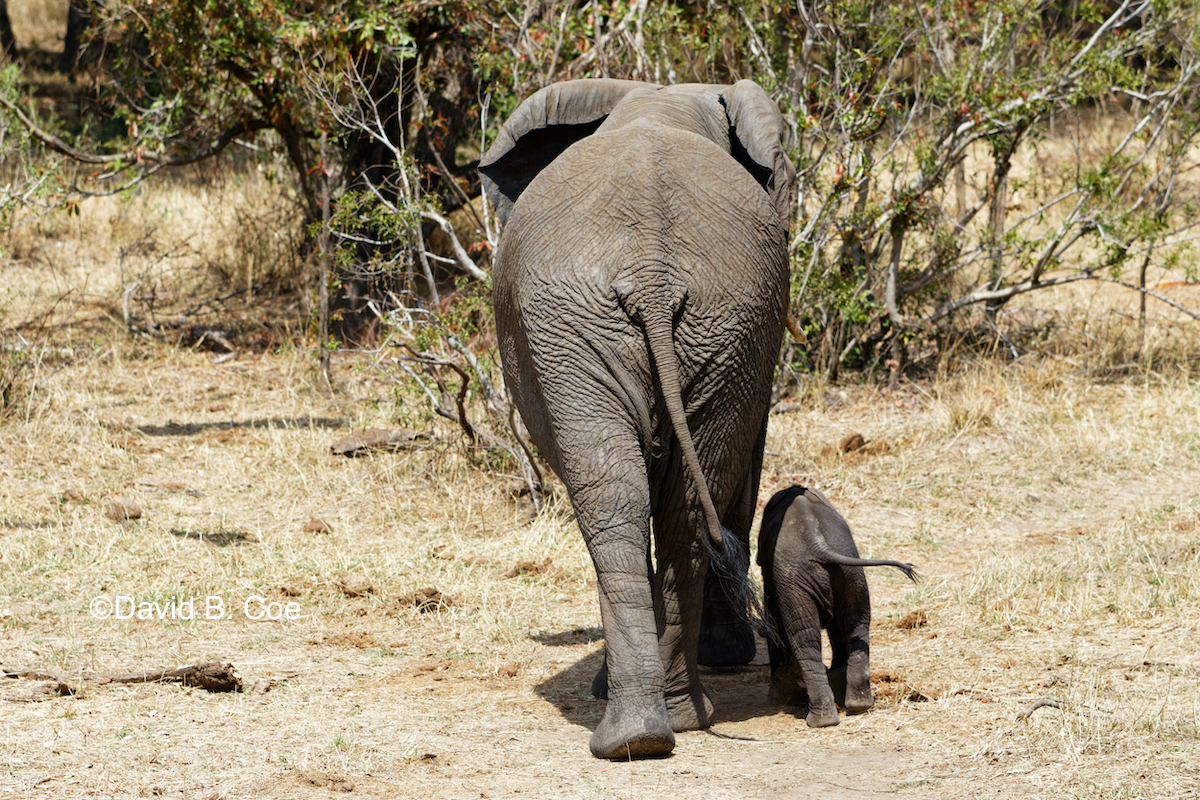
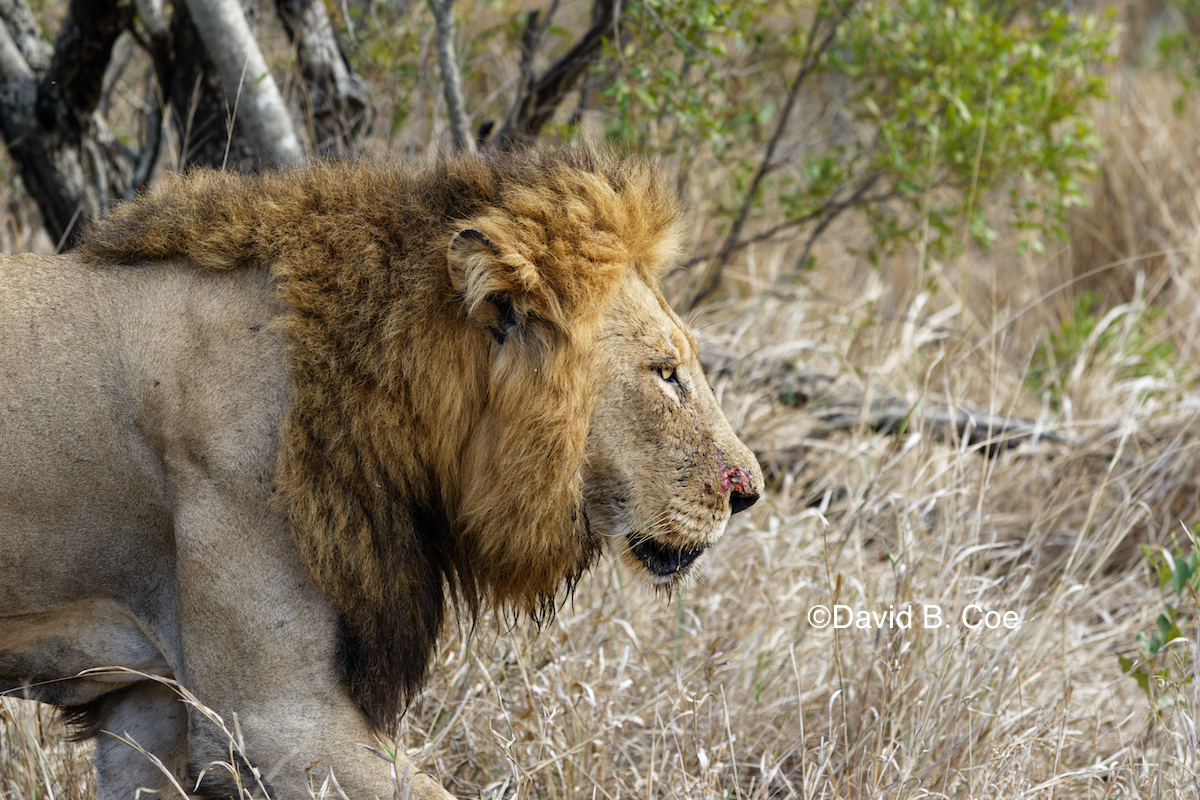

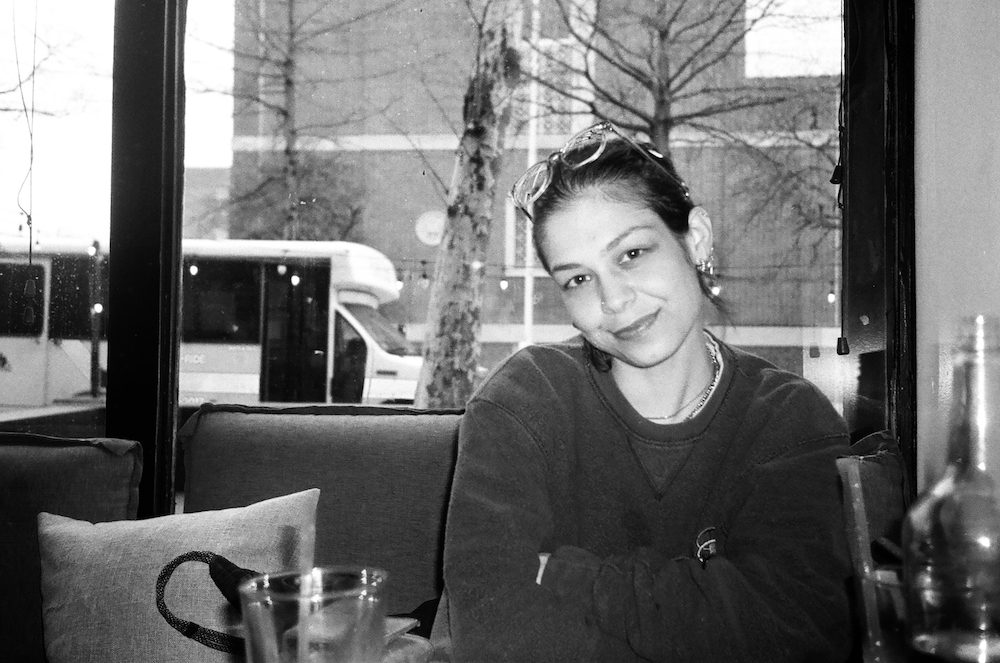
 More to the point, though, back in the day, I used to perform regularly. Along with my dear, dear friends Alan Goldberg and Amy Halliday, I was in a band called Free Samples. Three voices, two guitars. Acoustic rock — CSN, Beatles, Paul Simon/Simon and Garfunkel, James Taylor, Bonnie Raitt, Joni Mitchell, Pousette-Dart, etc. We performed several times a semester, usually at the campus coffee house, but also at special events during which we shared the evening with other acoustic bands.
More to the point, though, back in the day, I used to perform regularly. Along with my dear, dear friends Alan Goldberg and Amy Halliday, I was in a band called Free Samples. Three voices, two guitars. Acoustic rock — CSN, Beatles, Paul Simon/Simon and Garfunkel, James Taylor, Bonnie Raitt, Joni Mitchell, Pousette-Dart, etc. We performed several times a semester, usually at the campus coffee house, but also at special events during which we shared the evening with other acoustic bands.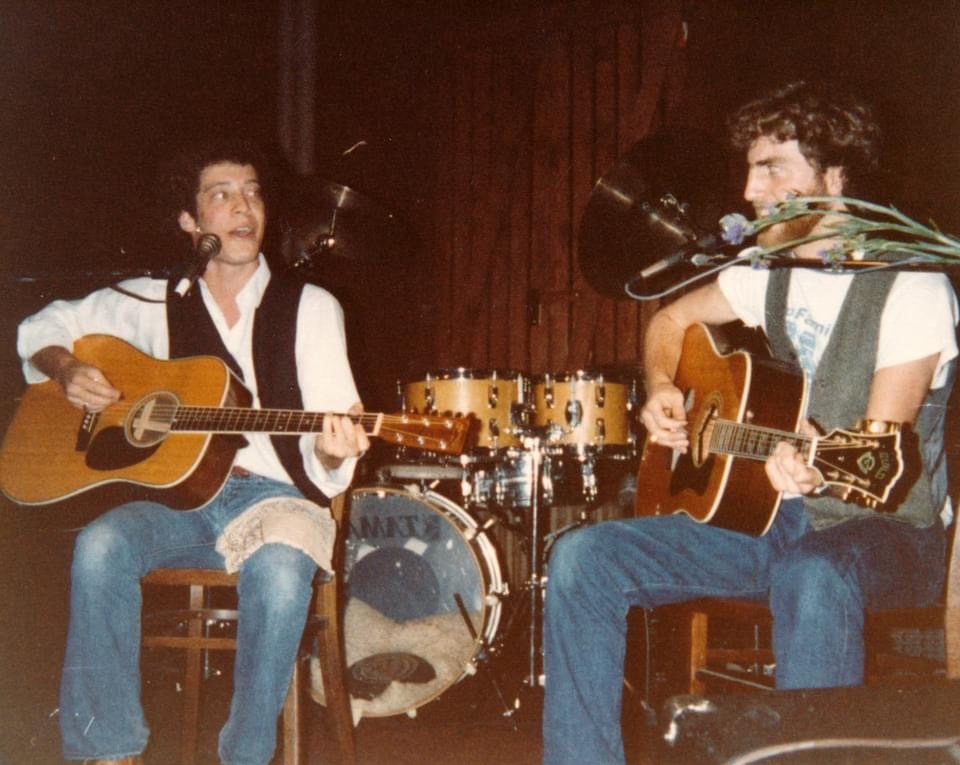 As I made clear earlier, I am not the player or singer I used to be, mostly because I don’t work at it as I once did. And so I’m afraid I’ll sound bad. Alan and Dan have played together a lot over the past several years, including live performances and online concerts they gave during the pandemic. They sound great as a twosome and I don’t want to ruin that. They have terrific on-stage rapport, just as Alan and I did back when we were young. I don’t want to get in the way of that, either. And I have overwhelmingly positive memories of my performing days. I don’t want to sully those recollections with a performance now that is subpar. I don’t want to embarrass myself.
As I made clear earlier, I am not the player or singer I used to be, mostly because I don’t work at it as I once did. And so I’m afraid I’ll sound bad. Alan and Dan have played together a lot over the past several years, including live performances and online concerts they gave during the pandemic. They sound great as a twosome and I don’t want to ruin that. They have terrific on-stage rapport, just as Alan and I did back when we were young. I don’t want to get in the way of that, either. And I have overwhelmingly positive memories of my performing days. I don’t want to sully those recollections with a performance now that is subpar. I don’t want to embarrass myself.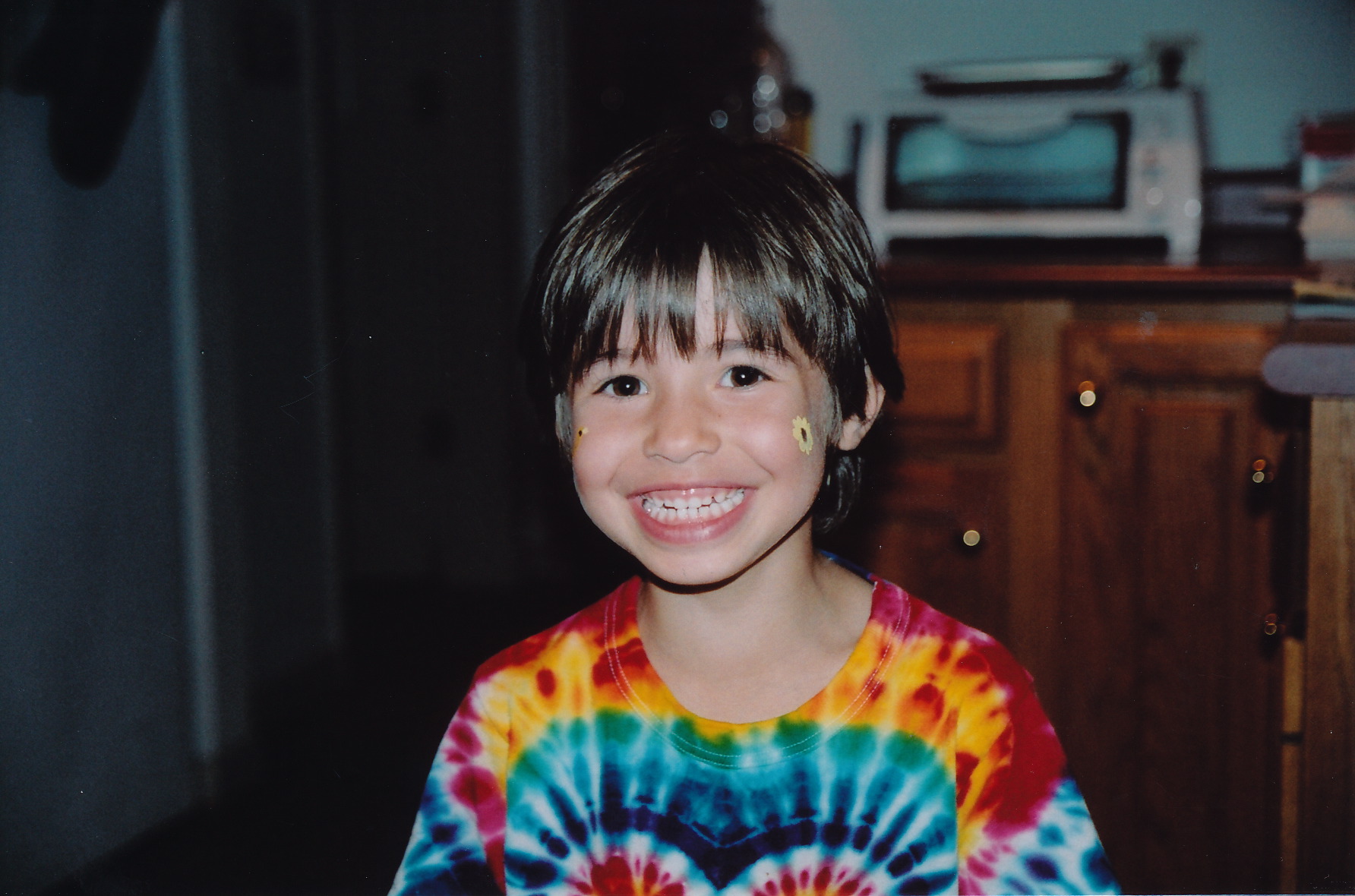
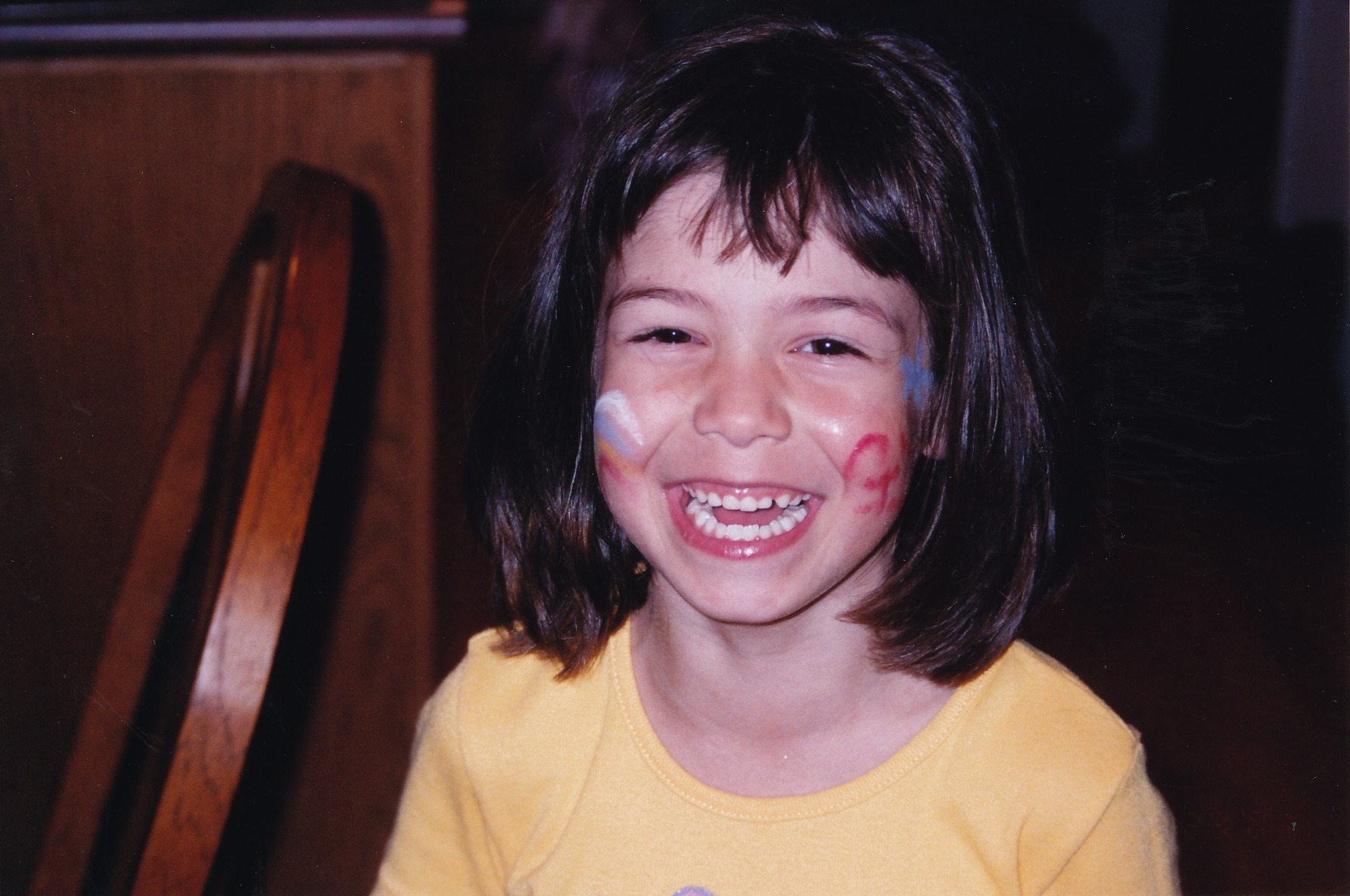 Our girls LOVED Sewanee Fourth of July when they were young. We would give them a bit of cash, help them meet up with friends, and then pretty much say goodbye to them for the day. It’s a small, safe, friendly town, and we never worried about them. They always found us eventually, sunburned and sweaty, their faces covered in face-paint, their pockets stuffed with candy that was thrown to kids by the parade participants. We’d go home, have a nap and some dinner, not that any of us was very hungry, and then, after covering ourselves with bug spray, would make our way to the fireworks venue.
Our girls LOVED Sewanee Fourth of July when they were young. We would give them a bit of cash, help them meet up with friends, and then pretty much say goodbye to them for the day. It’s a small, safe, friendly town, and we never worried about them. They always found us eventually, sunburned and sweaty, their faces covered in face-paint, their pockets stuffed with candy that was thrown to kids by the parade participants. We’d go home, have a nap and some dinner, not that any of us was very hungry, and then, after covering ourselves with bug spray, would make our way to the fireworks venue.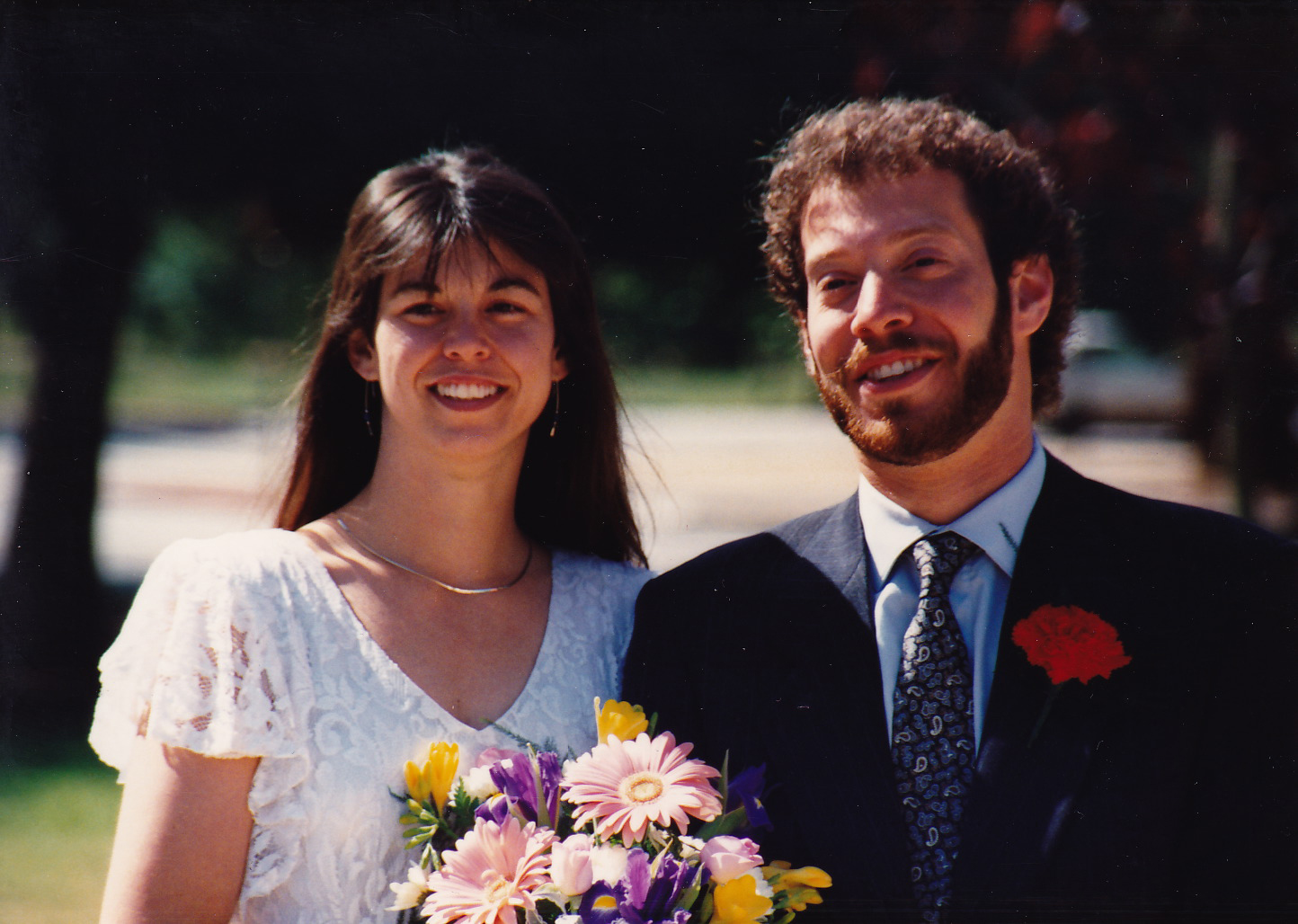 We had lived together for two years before our wedding, and we were both in our late twenties. We had known almost from the day we started dating that we would spend the rest of our lives together, and by the time that weekend rolled around, we felt ready for the responsibilities and challenges of marriage. And we were. And still, we had no idea.
We had lived together for two years before our wedding, and we were both in our late twenties. We had known almost from the day we started dating that we would spend the rest of our lives together, and by the time that weekend rolled around, we felt ready for the responsibilities and challenges of marriage. And we were. And still, we had no idea.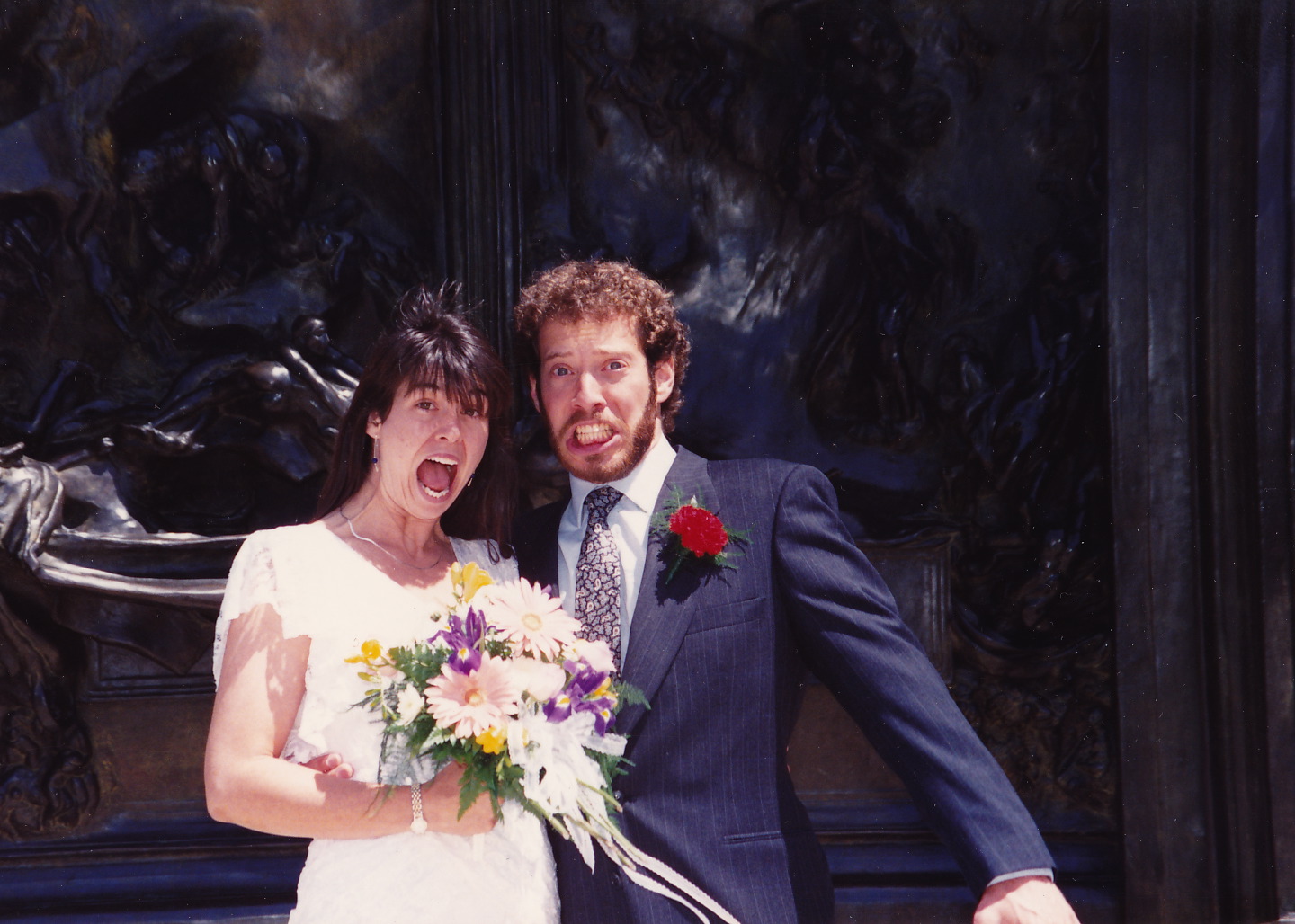
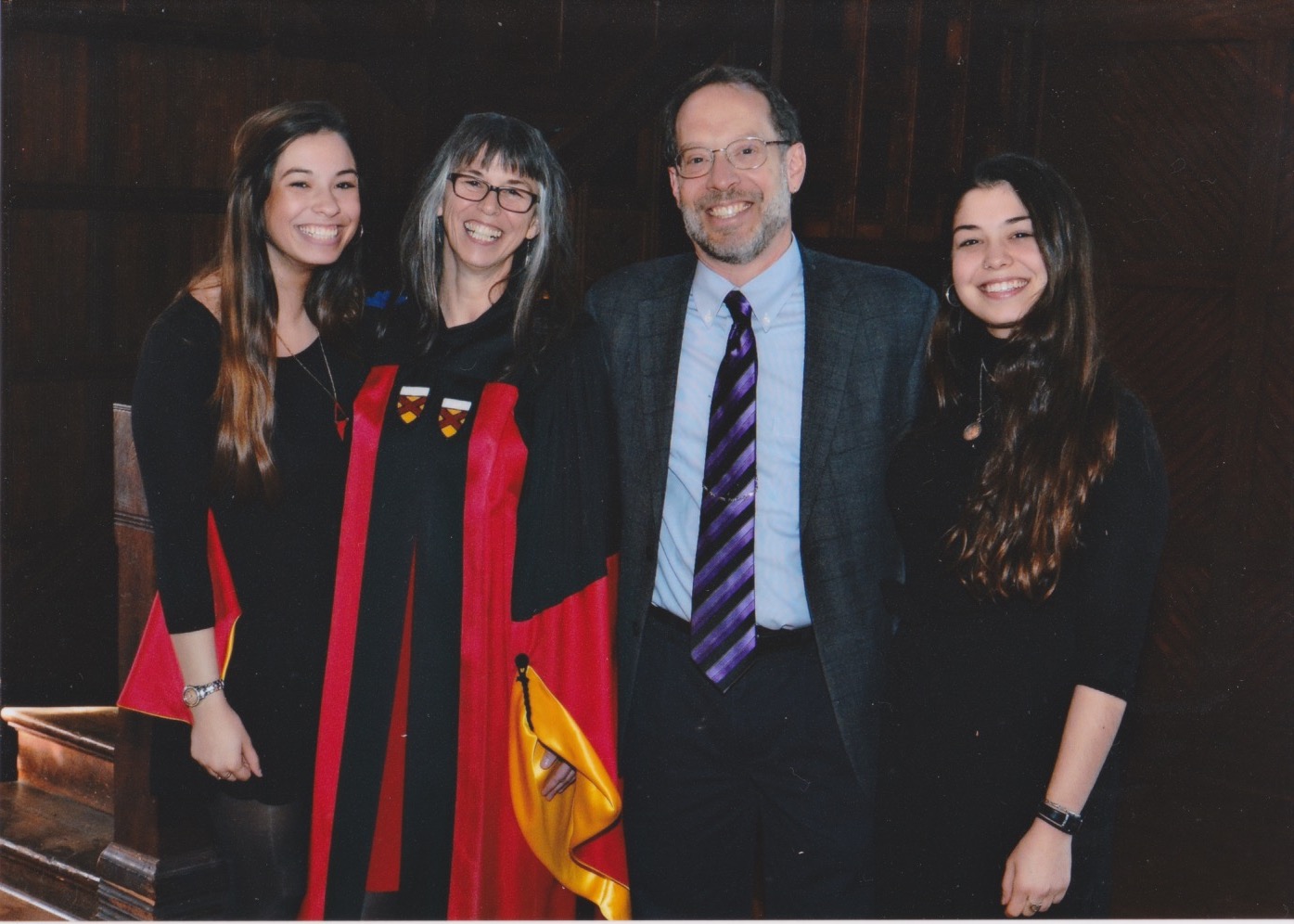 The clichés are true. Of course marriage is about love, about passion, and — even more — about friendship. But it is also about compromise, about joining two lives and finding the balance necessary to make certain that each of those lives feels complete and fulfilling, even as together we build a third life that belongs to both of us. It is a complicated undertaking. And while love and passion are great, there are times when they feel elusive. The kids are sick and you both have work deadlines and the shopping needs to get done. Or one job is more demanding than usual and it’s all you both can do just to get one kid to soccer practice and the other to ballet while also taking care of dinner and arranging the babysitter for the Friday event in town. Work, balance, compromise, sacrifice — sometimes, it feels like that’s all there is. Those early days of the romance, when everything was laughter and love and sex and adventure, seem so very, very distant.
The clichés are true. Of course marriage is about love, about passion, and — even more — about friendship. But it is also about compromise, about joining two lives and finding the balance necessary to make certain that each of those lives feels complete and fulfilling, even as together we build a third life that belongs to both of us. It is a complicated undertaking. And while love and passion are great, there are times when they feel elusive. The kids are sick and you both have work deadlines and the shopping needs to get done. Or one job is more demanding than usual and it’s all you both can do just to get one kid to soccer practice and the other to ballet while also taking care of dinner and arranging the babysitter for the Friday event in town. Work, balance, compromise, sacrifice — sometimes, it feels like that’s all there is. Those early days of the romance, when everything was laughter and love and sex and adventure, seem so very, very distant.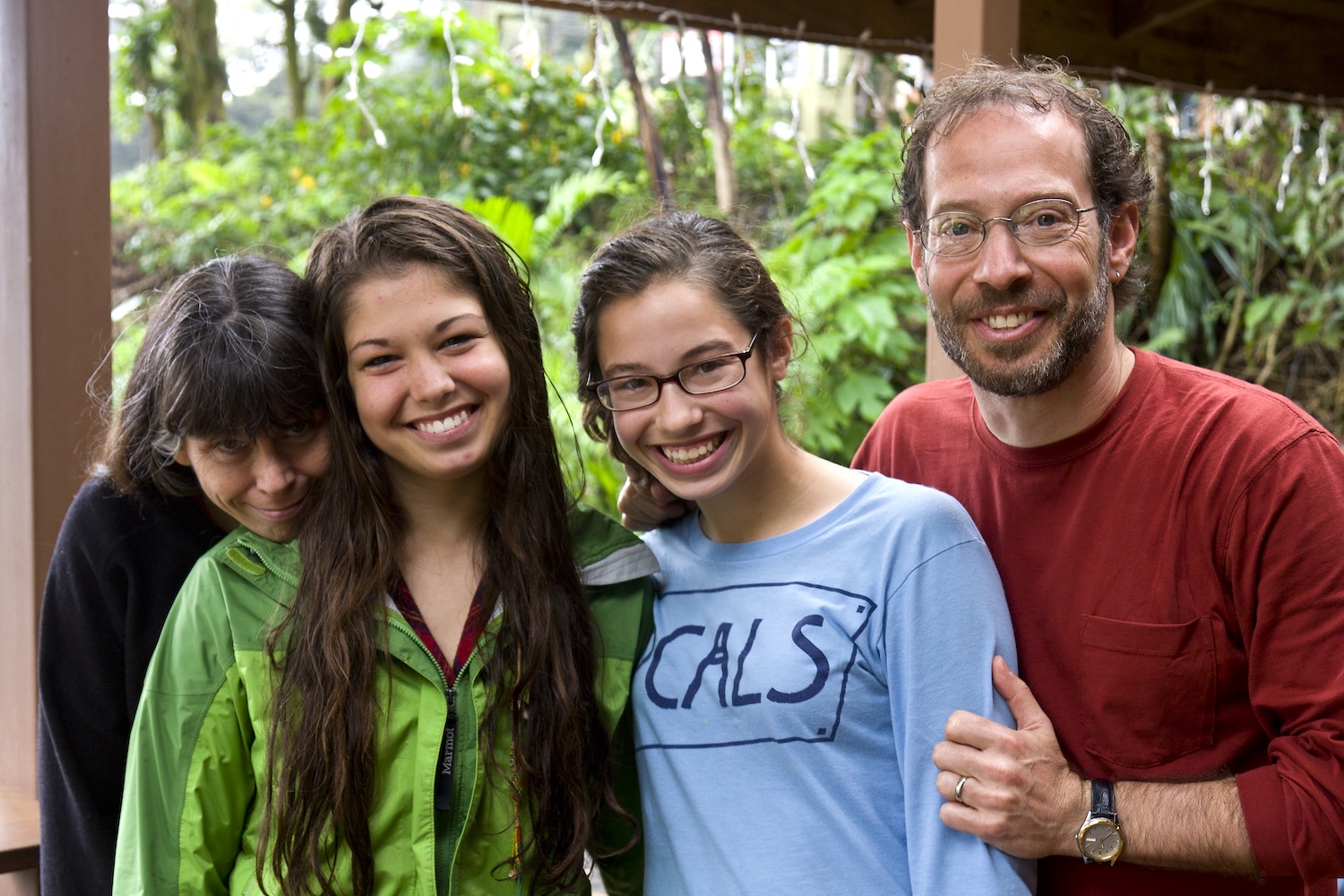 2. Have faith. I’m not talking about religious faith here (though if that’s your thing, great). I mean faith in each other and in what you share. That belief in the fundamental power of our bond has gotten us past some really hard times. The love might not always be palpable, but we KNOW it’s there, and that certainty gets us through.
2. Have faith. I’m not talking about religious faith here (though if that’s your thing, great). I mean faith in each other and in what you share. That belief in the fundamental power of our bond has gotten us past some really hard times. The love might not always be palpable, but we KNOW it’s there, and that certainty gets us through.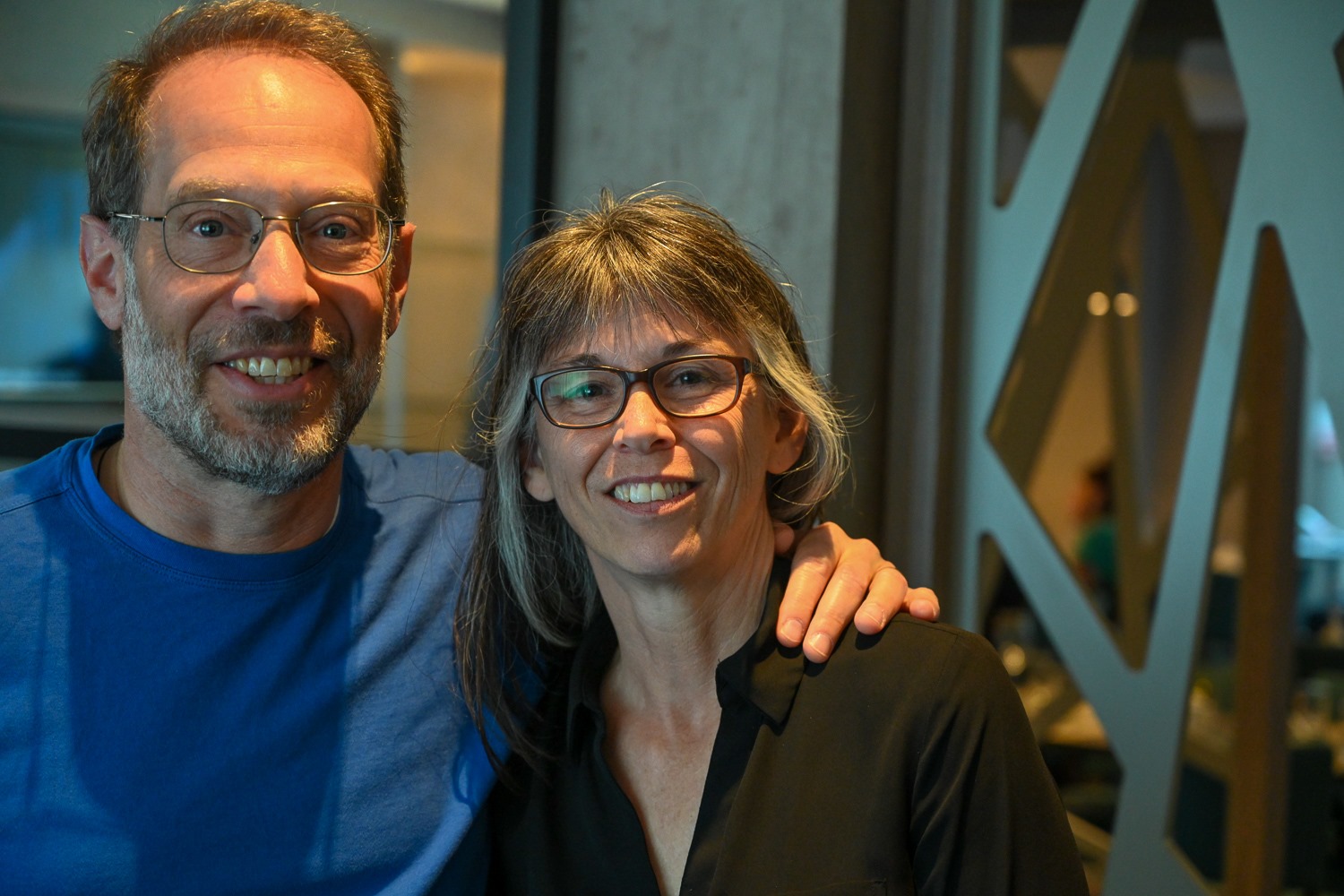

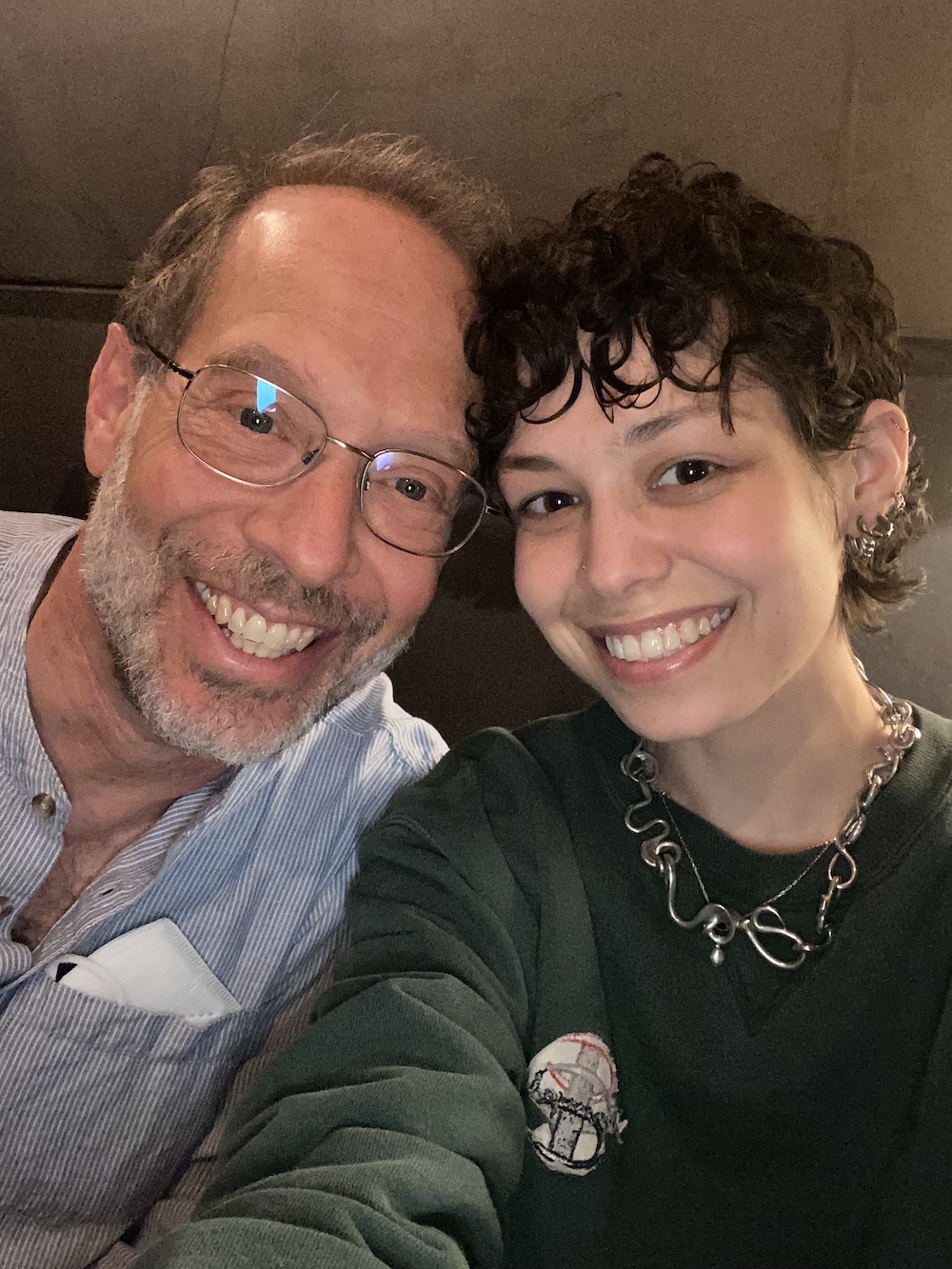 It has now been nearly five months since we lost Alex. I still get the same question — and to be clear, I don’t mind being asked. Not at all. It’s just that I still don’t know how to answer. My friends tell me that five months is nothing, that there is no reason I should have a handle on my emotions already. My therapist says the same. I suppose I should listen to all of them. But I grow impatient with myself. I make my living with words and with emotions. The core of my art is conveying the emotional state of my point of view characters. It’s practically the definition of what a fiction writer does.
It has now been nearly five months since we lost Alex. I still get the same question — and to be clear, I don’t mind being asked. Not at all. It’s just that I still don’t know how to answer. My friends tell me that five months is nothing, that there is no reason I should have a handle on my emotions already. My therapist says the same. I suppose I should listen to all of them. But I grow impatient with myself. I make my living with words and with emotions. The core of my art is conveying the emotional state of my point of view characters. It’s practically the definition of what a fiction writer does.